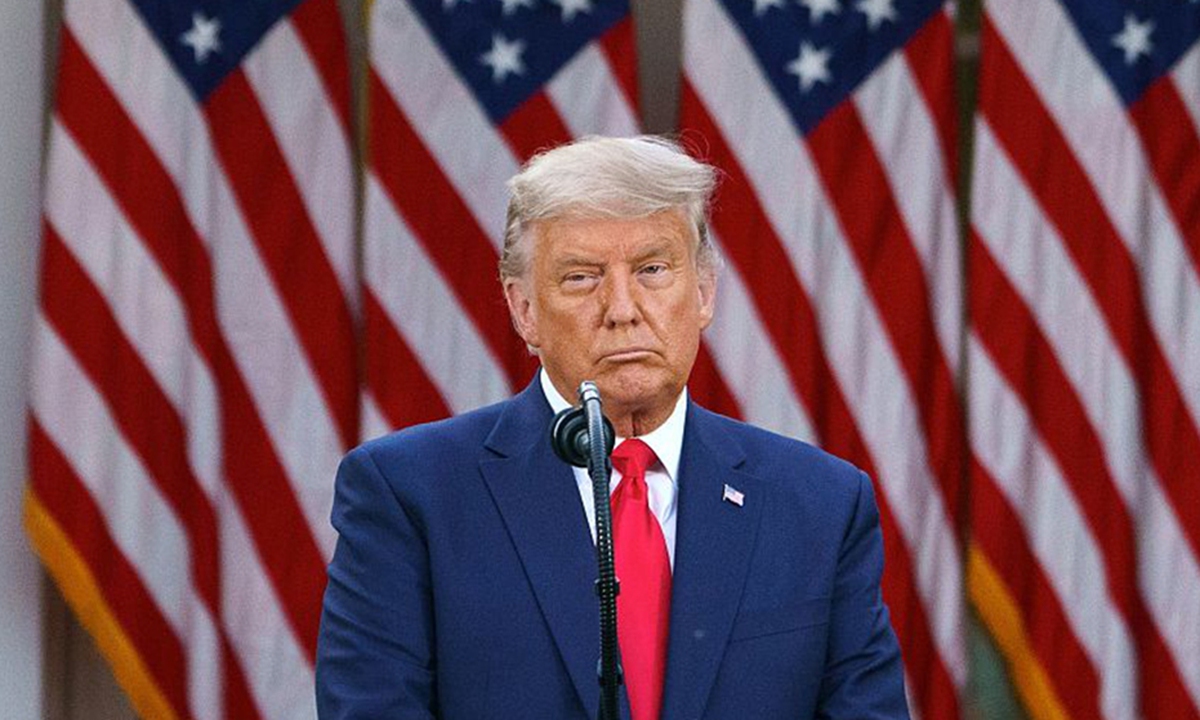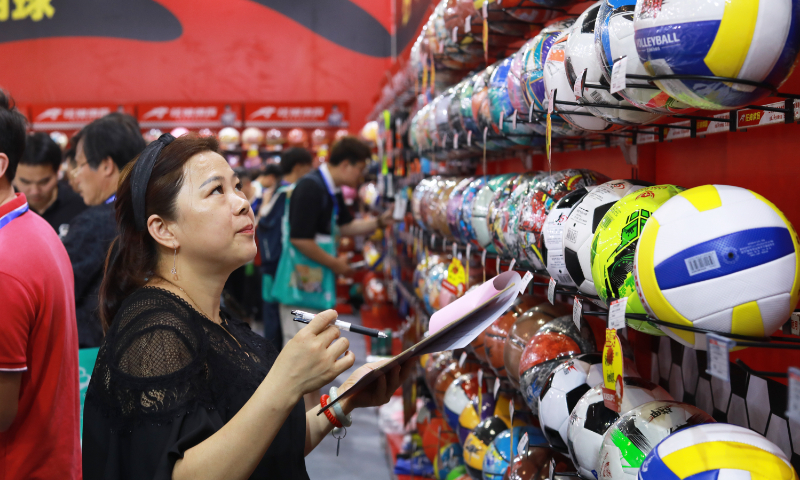![mk The<strong><a href=]() mk board game weiqi Photo: VCG" src="https://www.globaltimes.cn/Portals/0/attachment/2025/2025-02-17/b93737ad-0346-4842-918c-3f6f351cd3d2.jpeg" />
mk board game weiqi Photo: VCG" src="https://www.globaltimes.cn/Portals/0/attachment/2025/2025-02-17/b93737ad-0346-4842-918c-3f6f351cd3d2.jpeg" />The board game weiqi Photo: VCG
The final stage of the 26th world weiqi team championship kicked off on Monday in Shanghai, with the Chinese Weiqi Association (CWA) announcing that the tournament will adhere to rules where there will be no penalties for off-the-board incidents and Chinese referees will be present throughout the event, collaborating with their South Korean counterparts to oversee the matches, the Xinhua News Agency reported.
Weiqi is known as go in Japan and baduk in South Korea.
The championship, which is an annual world team competition between weiqi players from China, Japan and South Korea, has now entered the third round.
The new rule states that no penalties are imposed for issues that occur off the weiqi board. If a piece is not placed inside the box lid, the referee will give a reminder, but this will not affect the progress of the game.
Additionally, one delegate from China, one from Japan and one from South Korea have been selected to form a temporary arbitration committee for the competition, according to the CWA.
Meng Tailing, a renowned weiqi commentator and former national weiqi champion, told the Global Times on Monday that the rule changes in this year's championship are a positive sign, reflecting the pragmatic attitudes of both China and South Korea.
However, Meng also emphasized that improvement to the rules is a long-term process, and that more discussions and practical experience will be needed in the future to gradually address the details, paving the way for the global development of the game.
The rule change came after Chinese weiqi player Ke Jie's defeat due to alleged "rule violations" during the LG Cup finals in South Korea in January, which ignited controversy in China.
During the second game of the 29th LG Cup finals, Ke was ruled to have lost due to failing to place captured stones in the designated box lid twice.
During the third game, Ke was penalized two points for the same violation.
Ke didn't accept the decision and requested a rematch, but was denied, leading to his withdrawal from the match.
According to the previous rules formulated by the South Korean Baduk Association (KBA), if a stone was not placed inside the stone container lid, it constitutes a violation.
The first violation resulted in a penalty of two points, and repeated offenses led to an immediate loss.
In February, the KBA sent an official document to the CWA, clearly stating the cancellation of the rule that imposed a loss for two rule violations.
Additionally, in upcoming international competitions hosted by South Korea, the controversial penalty rules for violations will be removed. The CWA expressed its approval and that it welcomed the KBA's stance.
Meng said that the collaboration between Chinese and South Korean referees throughout the competition helps reduce disputes arising from cultural differences or differing interpretations of the rules.
"It is important to note that the details of weiqi rules often affect the fairness and appeal of the game for spectators. In the future, further discussions and improvements may be needed on certain specific details to ensure the competition is fairer, more transparent, and better reflects the spirit and charm of weiqi," he noted.
The CWA previously stated that they look forward to working with the KBA to jointly promote the rationalization and internationalization of the rules, ensuring the stable operation of weiqi tournaments and minimizing the uncertainty in match results caused by referee decisions.
This will allow the true spirit of weiqi, in which the outcome is determined by the skill of the players on the board, to be fully showcased, said the analyst.
The KBA also said that it would actively collaborate with China, Japan, and other parties to establish universally applicable weiqi rules for future world competitions.

 PLA Navy celebrates 76th anniversary, 'highlighted by advanced warships, drills in past year'
PLA Navy celebrates 76th anniversary, 'highlighted by advanced warships, drills in past year' Chinese firms, products shine at major global sports events
Chinese firms, products shine at major global sports events China's industrial output exceeds expectations, driven by manufacturing and high
China's industrial output exceeds expectations, driven by manufacturing and high Search for trips to Bangkok increased after Thailand extends visa
Search for trips to Bangkok increased after Thailand extends visa